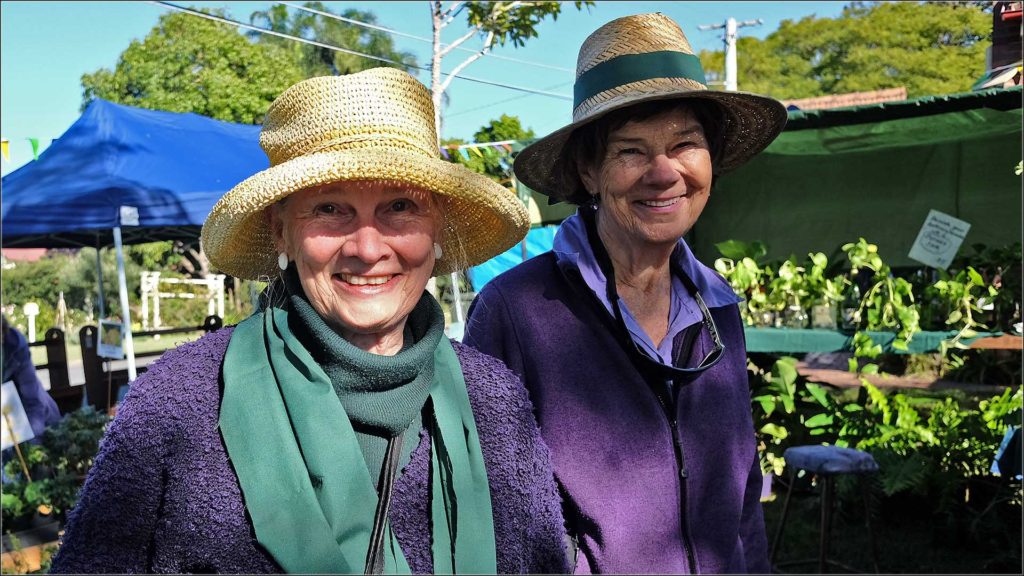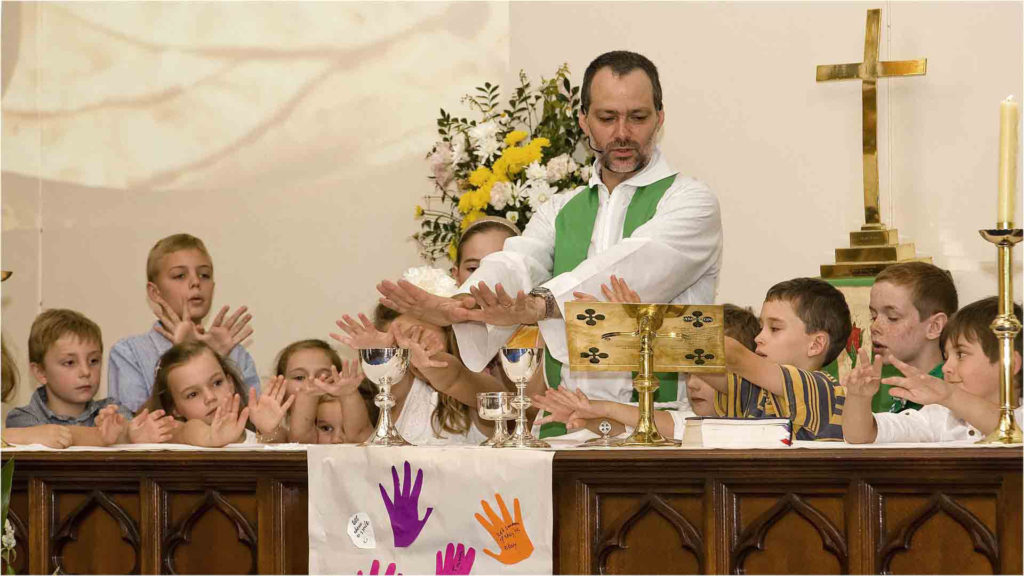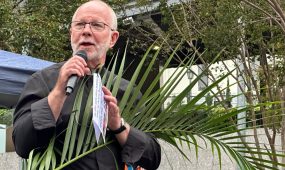Hero priests or communities of care?
Reflections
“In an unsettled environment, there is much pressure on the ordained person to be the leader that provides continuity, stability and certainty. When clergy talk among ourselves, we often describe this style of an ordained leader as the ‘Hero Priest’…Can I suggest that it is in the tension between a desire for certainty and the reality that no such assurance is possible that our wellbeing problem lies?” says The Rev’d Michael Stalley in a new anglican focus series on ‘creating communities of care’

Story Timeline
Creating communities of care
- ‘Bums off seats’: creating a community of care
- Raising up the leaders of today and tomorrow
- The mission of the Church and communities of care
- Building networks of parishioners
- Our op shop: another door to our church
- Blessing and building the North Lakes community
- Making and maturing disciples of Jesus
- The art of deep listening
- From living on Christchurch’s streets to helping those living on Toowoomba’s
Introduction: ‘communities of care’
A group of clergy from parishes in Brisbane’s west and south west gathered to support each other over lunch recently. We gathered to wonder about the future of the Church in light of our current circumstances. A significant part of this conversation centered on clergy wellbeing, with particular reflection on how it is tied to the health of our parishes and the understanding of ordained leadership within them.
There is a great deal of focus on wellbeing in our communities at this time. The issues that are raised by this discussion are not new but, like much in recent times, have been supercharged by current events, especially in the COVID-19 environment. That which may previously have been seen as an isolated and individual issue can now seem almost ubiquitous. Situations that may have previously simmered away in an unhealthy way have now boiled over with some personal and institutional damage as a result.
Clergy appear particularly susceptible to experiencing the effects of poor and unhealthy wellbeing practices. We did not need COVID-19 to reveal to us that ordained ministry can place an exacting toll on both the clergy person and their families. And, COVID-19 has placed a significantly increased burden on what are often situations stretched by resources, time and other expectations.
There is some useful related information being provided for clergy and parishes to consider, including a recent reflection by Dr Stephen Harrison, as well as an anglican focus series on clergy mental health. This information seeks to help clergy and other parish leaders respond to what are pressing issues. Stephen’s article helpfully pointed towards what is described as ‘communities of care’:
Advertisement
“It is also very stressful for clergy when they are expected to have all the solutions, to provide all the ministry, carry out all of the parish social justice advocacy and coordinate all the communications, and so on, instead of parishioners also sharing in such tasks and initiatives as collaborative ‘communities of care’.”
This concept of ‘communities of care’ might be described as a more holistic and even adaptive response to wellbeing for all. I think this concept may offer a way towards healthier faith communities in which we can all be cared for. This may well be a better expression of God’s Good News being proclaimed to the communities we are called to.

“This concept of ‘communities of care’ might be described as a more holistic and even adaptive response to wellbeing for all. I think this concept may offer a way towards healthier faith communities in which we can all be cared for. This may well be a better expression of God’s Good News being proclaimed to the communities we are called to” (pictured sisters Pam Ohtomo and Wendie Hirsch, coordinating the garden stall at a fete in 2017)
How ‘communities of care’ reflect an alternative view of ordained ministry
In times of uncertainty, we tend to search for places of stability and control in our lives. We are often keen on secular and religious leaders who we feel might provide such certainty. Some will even behave in quite harmful ways in an attempt to ‘ensure’ the future with which they are most comfortable. This desire for control is amplified within a context such as the Church. Here, questions of identity and belonging are explored – both for good and for ill.
Advertisement
In an unsettled environment, there is much pressure on the ordained person to be the leader that provides continuity, stability and certainty. When clergy talk among ourselves, we often describe this style of an ordained leader as the ‘Hero Priest’. There may even be reminiscing among a nostalgic congregation for a priest they remember who exemplified such leadership in their time.
Can I suggest that it is in the tension between a desire for certainty and the reality that no such assurance is possible that our wellbeing problem lies? The pursuit of such certainty contributes to the fatigue experienced among the clergy leadership of our congregations. This fatigue is far more than just the result of being too busy. Ultimately such a limited model of leadership may indeed be preventing the emergence of God’s life that brings peace and assurance for all. It may be preventing us from discovering the new life God intends for our Church!
An example of this tension in parishes can be long-cherished ministries that have become more burdensome than useful. A lot of energy is given to their continuity as their key members seek to ensure a future beyond themselves. Many clergy are drawn into the anxiety that is produced in these circumstances. There is much pressure for the leader to ensure that this ministry lives on. To be the ‘hero’ in these circumstances is alluring. What is more challenging is to help people celebrate what was, to grieve for what is no longer and to open up the possibility of something new.

“What is more challenging is to help people celebrate what was, to grieve for what is no longer and to open up the possibility of something new” (The Rev’d Michael Stalley, pictured with children at a Parish of Chelmer Graceville family service)
The irony here may be that the most crucial skills our parish leaders require are ones we might least desire – the gift to accept uncertainty and help others to do so as well. This kind of ministry requires its own set of spiritual and occupational skills that promote personal resilience and communal wellbeing. Not the least of these skills will be a collaborative approach that is vulnerable enough for the clergy leader to let go of the need to be the one that provides certainty. In this space, wellbeing for all becomes a community responsibility. It is in this uncomfortable space that God is given enough room to bring about that which is meant to be.





